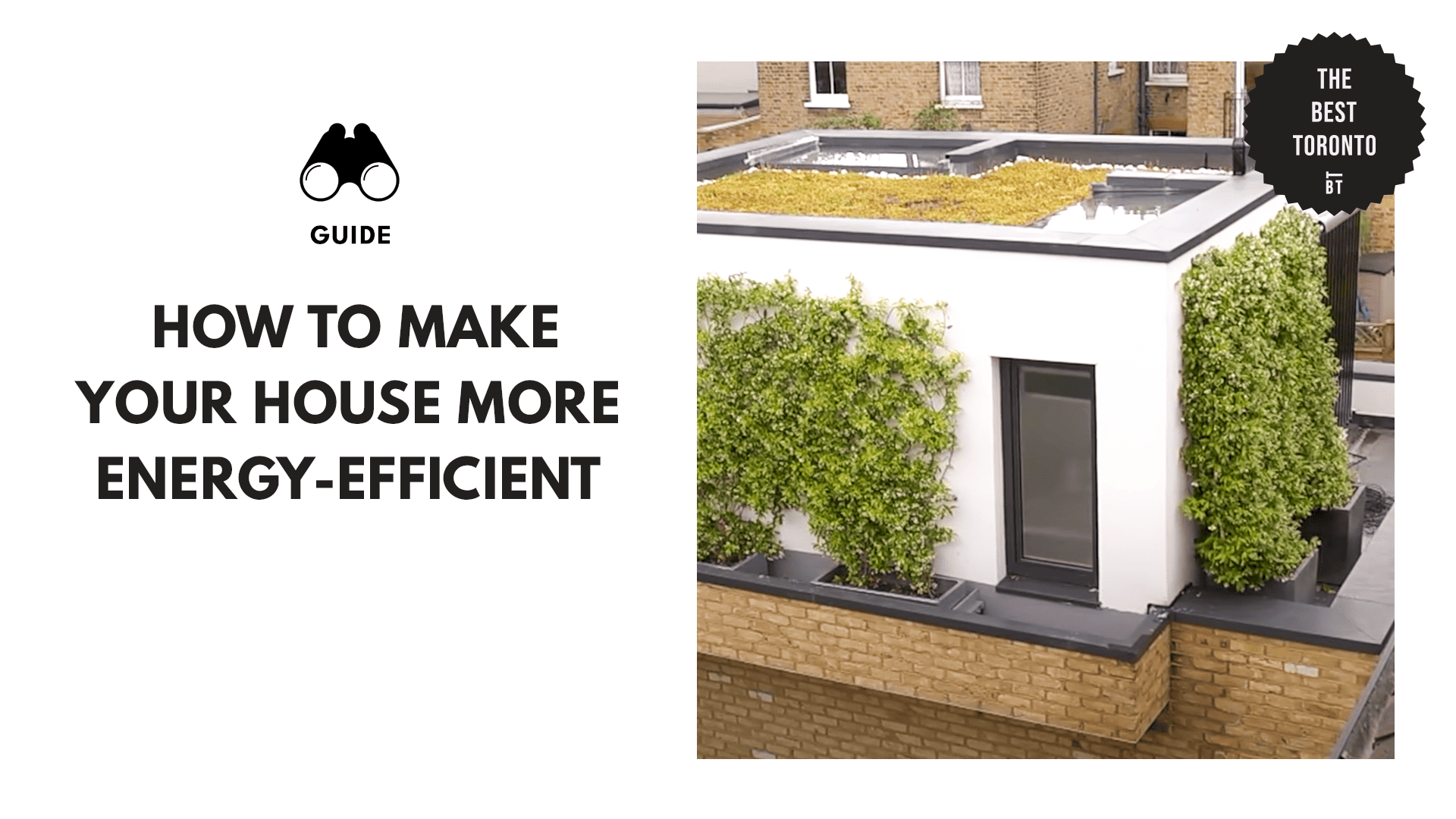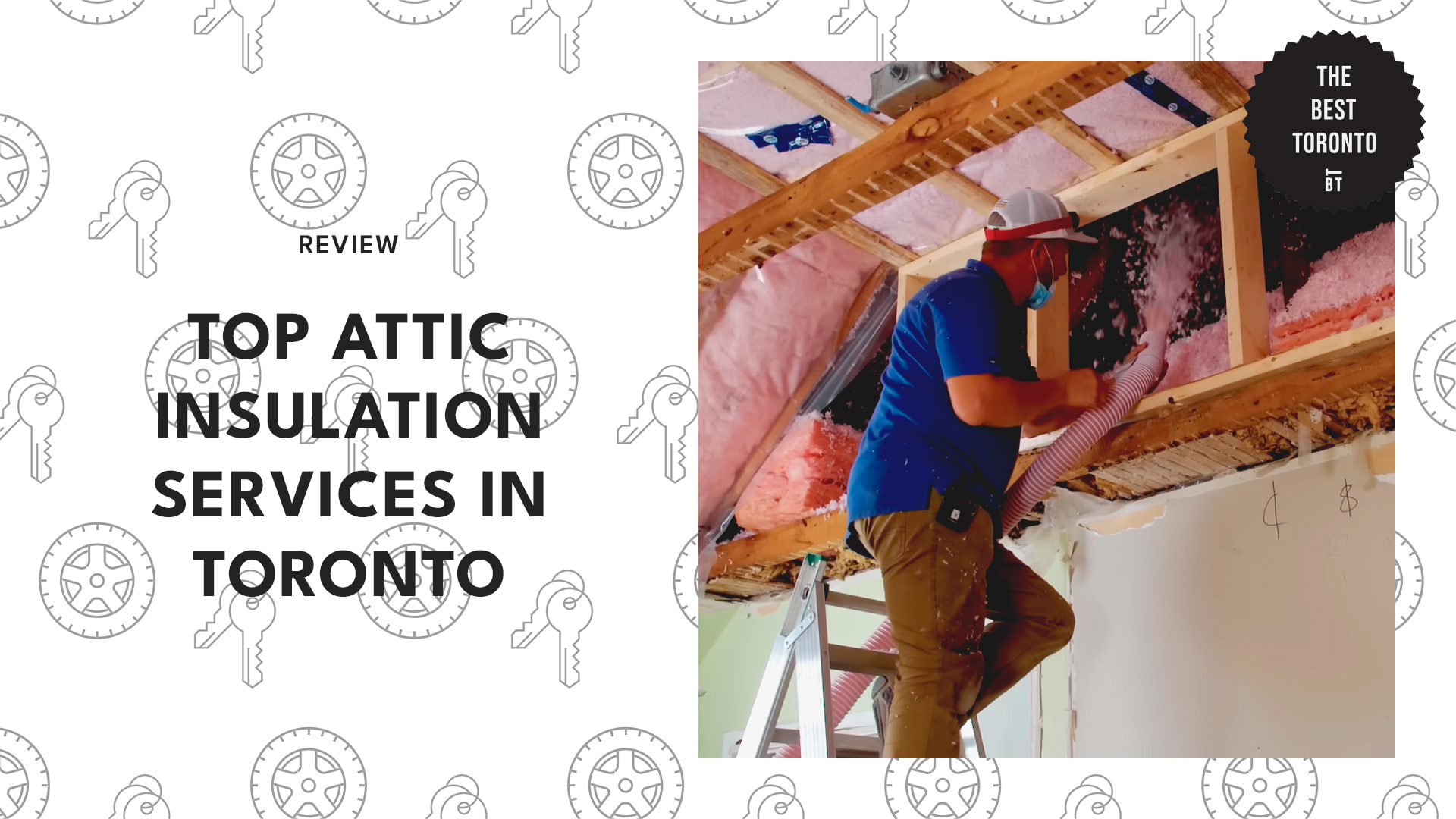How to Make Your House More Energy-Efficient
Tired of those days when you can’t even open your energy bill out of fear?
In this guide, we're here to help to transform your home into a more energy-efficient one. We made sure to only include methods that will significantly decrease your bill long-term.
Invest in Spray Foam Insulation
There are two major types of spray foam insulation: open-cell and closed cell.
Open-cell is the ideal choice if you want to minimize or block noises. Closed cell is better if you want to keep air and water from penetrating your walls.
Both types are able to provide cooling and heating benefits to a home, but more significantly with closed cell insulation.
If you have this insulation in your walls and attic, it slows down the heat coming out during the winter. And during the summer, it slows down the heat coming in.
In short, it reduces the energy required to heat or cool down your house. Plus, it lasts longer than styrofoam and fiberglass insulation and is more eco-friendly too.
Service Your Boiler Annually
Regular maintenance of your boiler is essential to lengthen its lifespan and keep you from dangerous risks.
If it operates efficiently, you’ll prevent waste of heating fuel, which can help save energy bills. Additionally, if the parts are cleaned properly, the boiler won’t have to work harder than needed to function.
Take note that newer boiler models are actually far more energy-efficient than old ones. So, if you own an older model, make sure to replace the filters every three months to keep it in its best shape.
Upgrade Your Windows
Take note first: it’s almost never a good idea to replace your windows just for the purpose of saving energy. Ideally, you’d only want to do this if your windows are already leaky and old.
Plus, it’s only worth the investment if you’re replacing single-glazed windows.
What you want as a replacement should be those insulated with argon gas between two panes. Don’t forget to also check the emissivity coating on the glass (lower is better).
By the way, you may want to consider replacing your old windows and doors together. Most contractors tend to give larger discounts for this bundle.
In the long run, you can expect to save up to 50% on your energy bill this way.
Switch to a Metal Roofing System
This is perhaps the most expensive upgrade you can do to your house but it’s also among the most efficient in the long haul.
UV and infrared light rays affect the radiant heat on the roof’s surface and metal roofs can easily reflect this. Through this alone, you can expect 10% to 25% savings in energy consumption.
Compared to asphalt roofing that lasts for a maximum of 20 years, metal roofs can last for 70 years. And if you’re super eco-conscious, you’ll be pleased to know that metal roofs are 100% recyclable.
Clean Large Appliances Regularly

Often, people will suggest that you only run big appliances at night. But not everyone has the privilege to change their schedules so quickly.
The best you can do is to do routine cleaning in all your appliances, particularly the large ones.
If the parts get clogged with dust, the motor will use up a lot of energy just to keep the machine up and running.
And if you start noticing defects, call repair services immediately. You’d want this for your daily-use items such as your fridge and dishwasher.
As per your washing machine, clean the filter every month. Also, do a monthly wash with hot water (no clothes, of course) and clean the drain pump to avoid clogging.
Update Your HVAC System
There are a couple of HVAC system upgrades that you can try to save more energy.
For starters, you can service your heating and cooling units to prevent any breakdowns.
You can also place ceiling fans inside bedrooms so you only cool down those spots, not the entire house.
HVAC zoning is another ideal way to change the temperature within certain zones only. These usually involve various thermostats that are connected to a programmable thermostat.
Plant Shade Trees and Shrubs
Landscaping is also a large yet great investment to be more energy-efficient. It can also be an alternative solution if you have poor insulation.
You’d want to plant trees on the west side. The foliage will block the infrared radiation in the summer and in the winter, the bare branches will let it through.
But it will all be for naught if your trees aren’t healthy or safe to be in a residential area. Make sure to call a certified arborist once in a while to check up on your trees.
Choose Energy-Efficient Appliances
Instead of repairing old appliances, why not replace them with the most energy-efficient models?
Look for items marked with the blue-and-white ENERGY STAR® logo. This means that item is the most energy-efficient within that product class.
Don’t forget to also consult the EnerGuide label. This will show the energy performance of a product based on Canada’s Energy Efficiency Regulations.
An energy-efficient home is a happy home. So put a smile on your face once you reap the benefits of your energy-efficient efforts!





